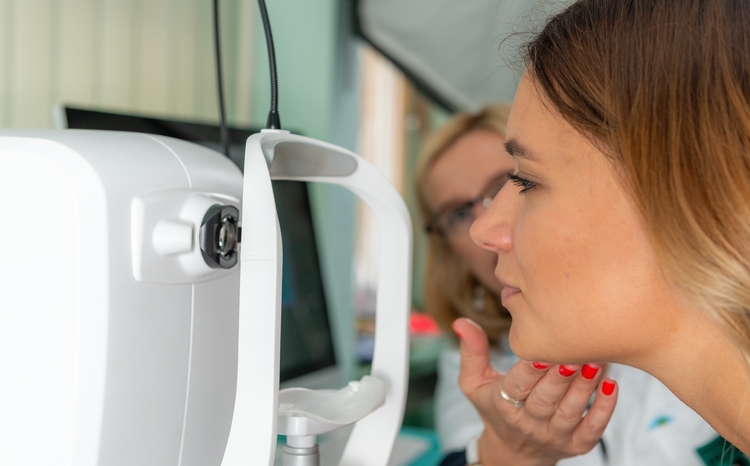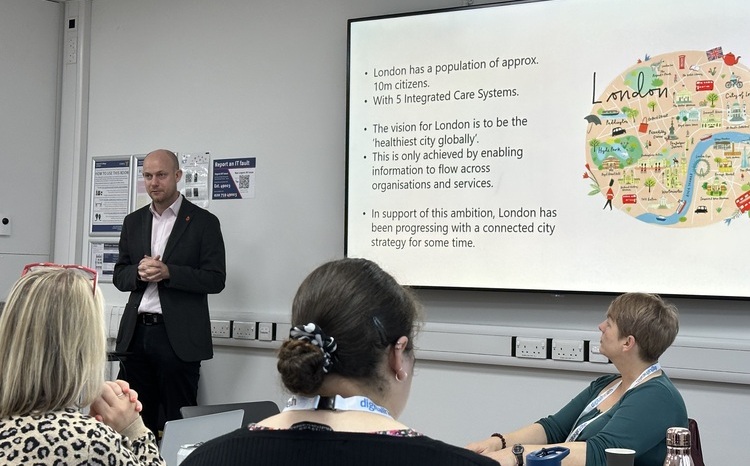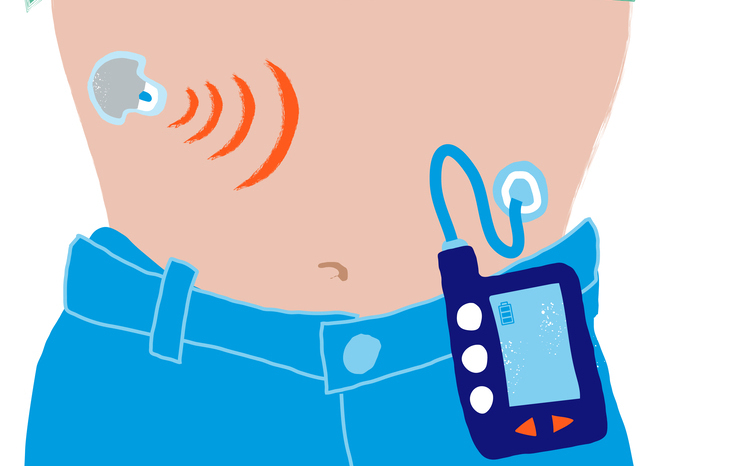Newham Skype pilot cuts DNAs
- 3 September 2012

A pilot of diabetes patients having outpatient appointments via Skype has reduced A&E attendances amongst participants.
The Diabetes Appointment via Webcam in Newham programme was set up by Newham University Hospital NHS Trust in response to rising demand on diabetes services, poor access to care, poor health outcomes and particularly high ‘did not attend rates’ of 30-50%.
The one year pilot study replaced routine follow-up outpatient appointments for patients not requiring physical examination with web-based consultations.
In ten months, 89 patients were recruited and 174 webcam appointments were scheduled with an overall DNA rate of 27%.
DNA rates decreased with time and fell to 16% during the last three months when the trust changed software provider to Skype.
The project was recently highlighted by health minister Simon Burns as an innovative way to reduce DNAs. He encouraged other hospitals to use text reminders and webcam appointments to reduce the 5.5m missed appointments in the NHS over the past year.
“I’m glad to see that the NHS is increasingly using simple ideas such as texting their patients before an appointment or seeing them via Skype,” he said. “These could have a dramatic impact and I want to see more hospitals making use of them.
Early headline results at Newham show that patients and staff believe the quality of care via webcam at least matches that of face-to-face consultants.
Patients reportedthat web consultations saved them time, were far more convenient and cheaper. They said they preferred them and would be more likely to attend them.
Promising results were found with regard to A&E attendance, with a baseline of 12 diabetes-related A&E attends by webcam patients in the year before the pilot falling to zero the following year.
Clinical outcomes were also affected, with an average reduction in blood glucose levels of around 3%.
“Initial savings are modest, through increased productivity. However, results indicate that more substantial savings will follow through; a reduction in DNAs, better health outcomes and associated decrease in A&E admissions,” a summary report says.
“In addition there are significant savings for patients and wider societal benefits. Following new DH guidelines, trusts face financial consequences related to CQUIN payments in 2012/13, if they fail to demonstrate that they are involved in such telehealth initiatives, making this intervention particularly timely.”
Newhamhas continued with Skype appointments as a permanent feature for diabetes outpatients and is planning a longer study to verify findings and explore other innovative ways to use webcamtechnology as part of outpatient care.




